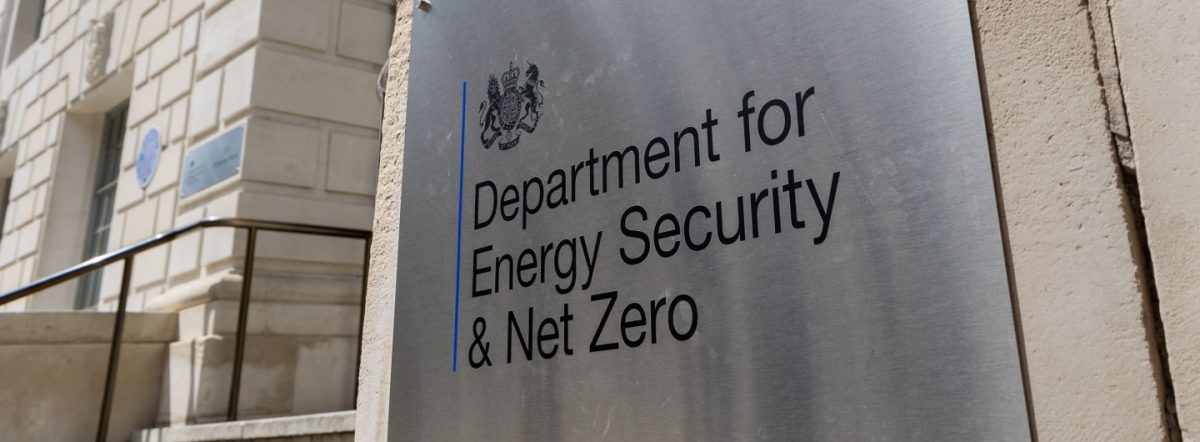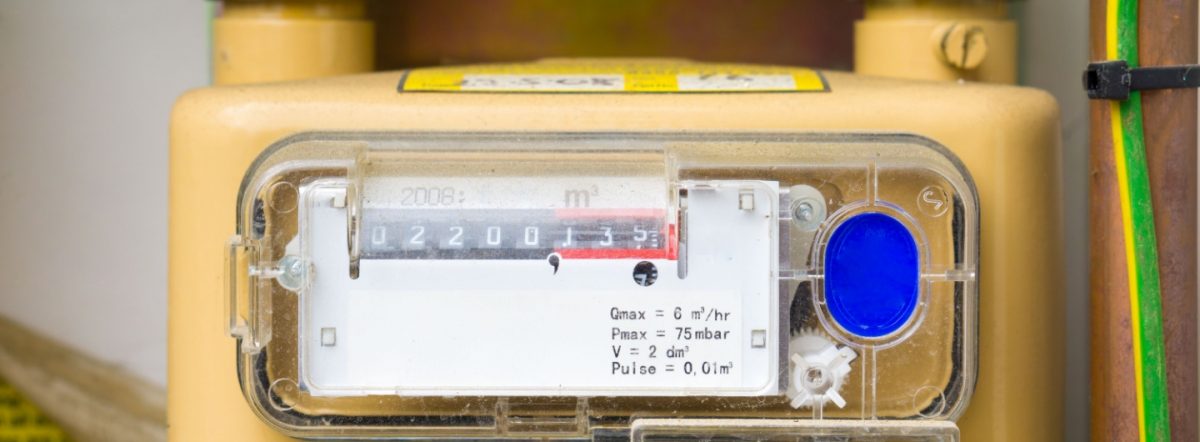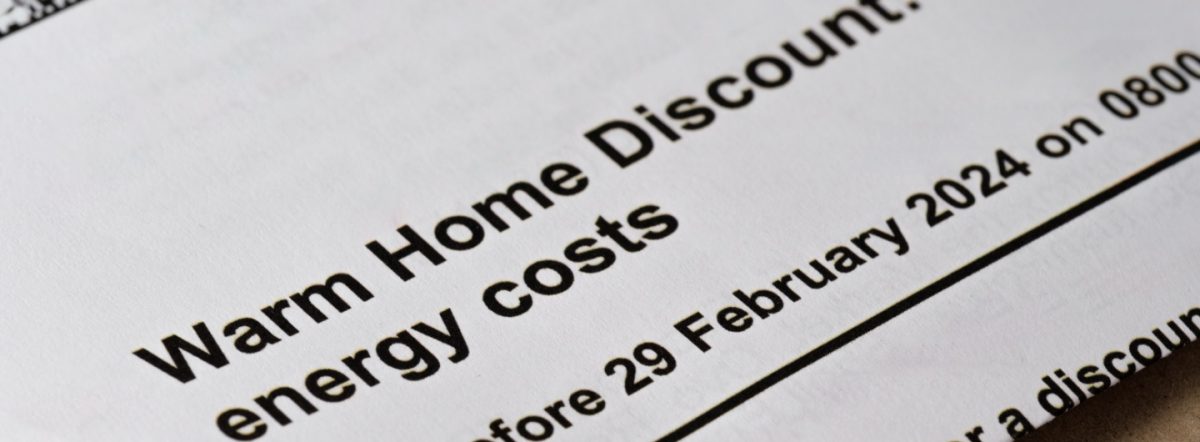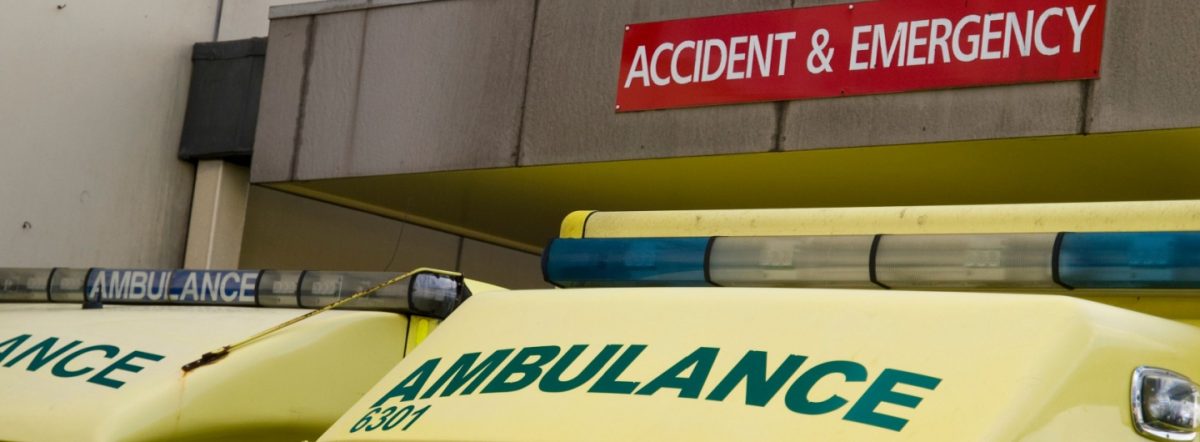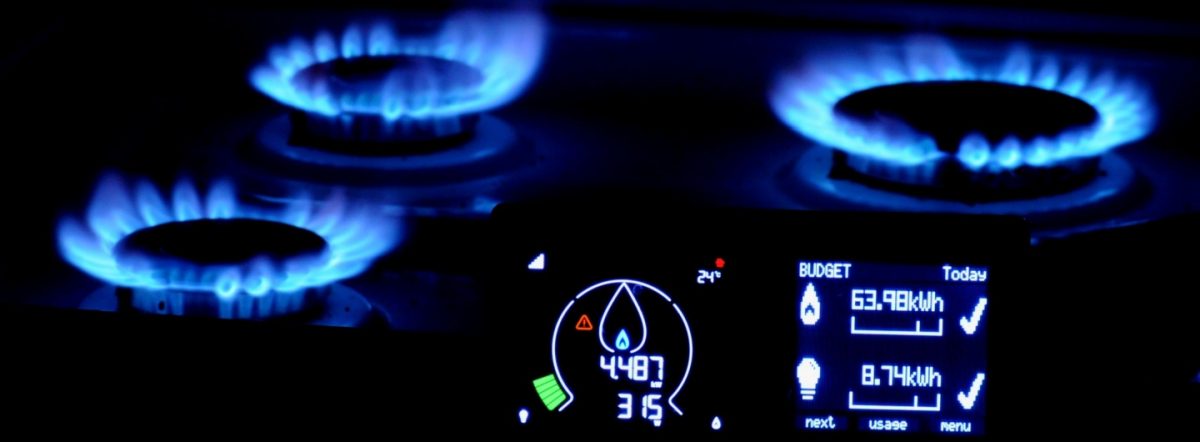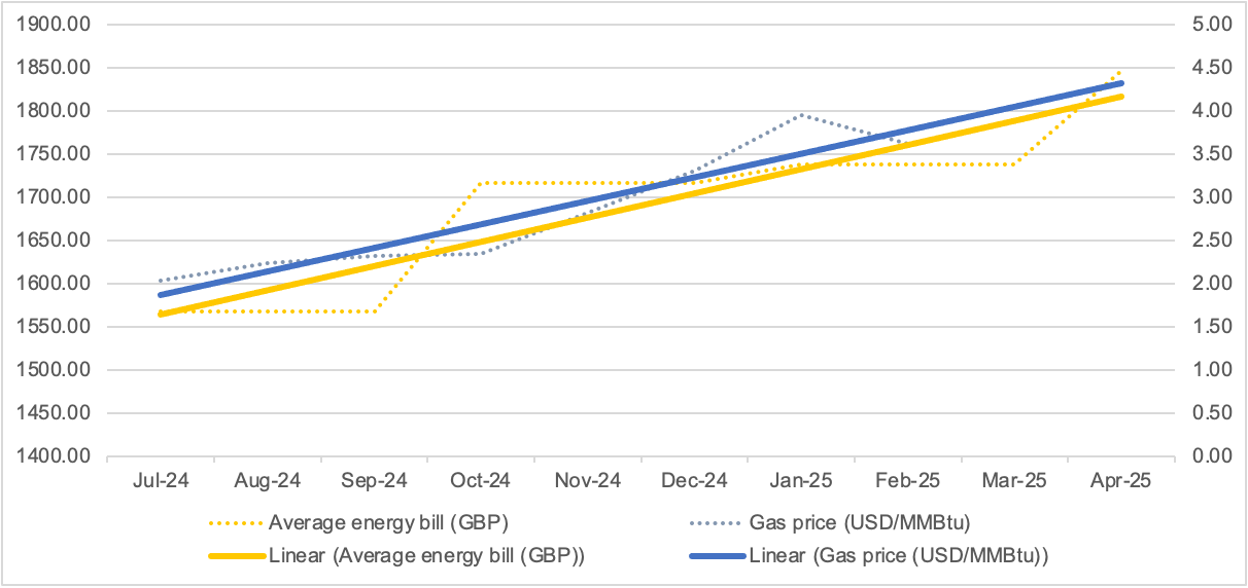Reforming the energy market trading system could save households £173.34 per year on their electricity bill, according to a new report. [1]
The system sees units of gas and electricity traded on international markets and the analysis by Future Energy Associates sets out “the good, the bad and the ugly” sides of this process.
Chief among the “bad” issues identified in the report is the role of speculative trading where companies trade energy solely for financial gain without directly delivering electricity to consumers.
This type of trading increases the frequency and volume of trades, which can impact overall market prices. Speculative traders attempt to profit from price fluctuations, buying low and selling high, potentially adding to price volatility.
A significant number of the trading firms place trades on market exchanges for electricity and gas for a specific location. However, often these trading houses are based offshore or structured to avoid direct UK tax obligations, allowing them to operate with fewer tax liabilities compared to domestic companies. This setup enables such firms to retain a larger share of profits.
These dedicated trading firms that engage in high-volume trading to capitalise on price fluctuations and focus on profit driven strategies include Vitol (annual profits $15.1bn), Trafigura ($7.4bn), Glencore ($5bn), and Mercuria ($2.7bn). Recent supply shocks, driven largely by reliance on foreign gas, have allowed trading teams to capitalise on market volatility.
The report did find that some energy trading can be “good” and help keep prices stable [2], but there are also significant issues with the “ugly” current system used by energy retailers.
Retailers are required to be more risk-averse and lack the technical expertise of other trading houses and take on risk premiums when setting household tariffs, ultimately passing these costs onto consumers.
Energy retailers often engage in “Over The Counter trading” (OTC). This involves brokers and financial firms profiting for providing liquidity. Every trade comes with extra costs like fees and commissions, which ultimately increase household energy bills and can make prices even more unstable.
The report highlights that the direct impact of trading activities on consumer bills via the Ofgem price cap is challenging to quantify with a lack of transparency making it difficult for consumers and industry stakeholders to assess how much trading influences the final capped prices.
However the researchers have recommended that changes are made to the market structure – including a more active role for GB Energy to eliminate market inefficiency in trading. The researchers calculated that eliminating these market inefficiencies in a perfect world could save 6.4 p/kWh off every unit of electricity used.
This could potentially save UK electricity bill payers around £4.51 billion annually, with each household saving about £173.34 per year on their electricity bill.
Report author, Dylan Johnson, from Future Energy Associates, commented:
“Volatility in energy prices benefits speculative traders who use advanced algorithms to exploit rapid price changes. Equipped with high-frequency trading technology, these traders can profit from even minor price swings throughout the day, buying low and selling high within milliseconds.
“This speculative activity often drives prices away from the true cost of generation, creating added instability that ultimately impacts consumer prices.
“Key players, including independent traders like Vitol, Trafigura, Gunvor, and Mercuria, have significantly benefited from increased profits, with gross earnings for the sector reaching $148 billion in 2022. This growth was spurred by volatile markets, especially in gas and power, which have now surpassed oil as the primary profit drivers.”
A spokesperson for the End Fuel Poverty Coalition, commented:
“This report reveals the good, the bad and the ugly sides of market trading.
“At its worst, trading creates a system that is skewed against consumers with billionaire trading firms, hedge funds and banks profiting from volatile energy prices.
“These groups are also gambling with the ability of hard stretched households to keep warm every winter and put hot food on the table.
“Ministers and MPs should urgently investigate how these firms operate and the impact they are having on energy bills. More widely, the launch of GB Energy should act as an opportunity to reform the trading market so it improves security and brings down the cost of energy.”
Caroline Simpson, Campaign Manager for Warm This Winter, which commissioned the study, added:
“Yet again we see how the energy sector trades on people’s misery. It’s unfair and ending this could save UK electricity bill payers around £4.51 billion annually, that’s a much-needed £173.34 per year for households.
“We need reforms like this to kick in urgently, including making Ofgem get to grips with the industry and closing loopholes that netted a £4 billion windfall for network companies we are demanding is given back to billpayers.
“This government is on the right path after over a decade of neglect and must continue their commitment to serious investment in home insulation and ramping up our renewable energy production to bring down bills. That will have the added benefit of boosting our energy security during these uncertain times.”
ENDS
[1] Tariff Watch – Impacts of Trading, FEA / Warm This Winter, April 2025 (pdf).
[2] Benefits of so called “physical trading” include balancing supply & demand (ensuring electricity production matches real-time demand, preventing waste and shortages), supporting grid flexibility & renewables (balancing the grid using batteries, EVs, and demand response, making it easier to integrate renewable energy) and in some cases lowering costs (by encouraging competition, helping to keep energy prices down).


